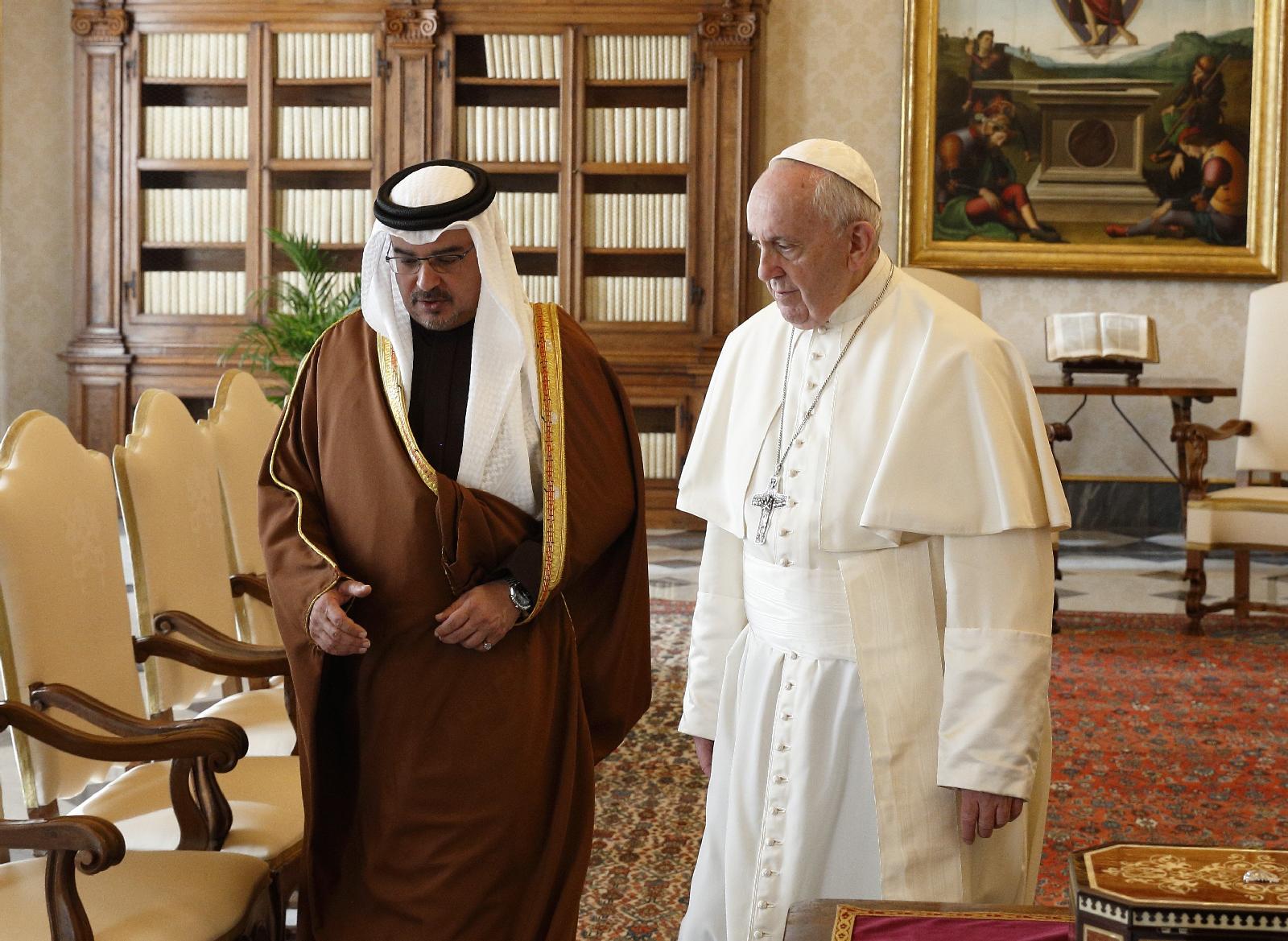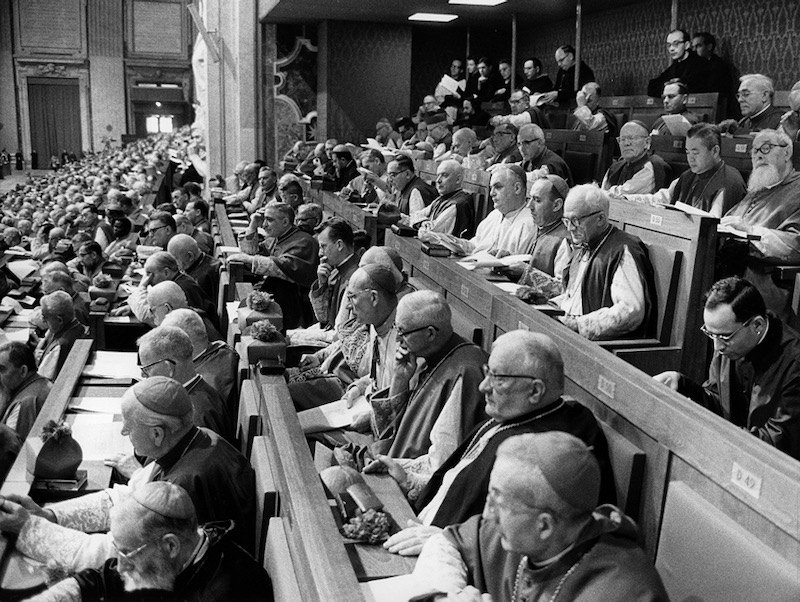It’s a remarkable document. The synthesis released last week that pulls together the results of the unprecedented listening and discernment exercise in the Catholic Church over the past year doesn’t gloss over difficulties the synod process has faced or offer a “last word” on every contested topic. Instead, it attempts to capture the “sense of the faith” of an extraordinarily diverse, dynamic, multi-cultural universal Church. The report is not an opinion survey or a sociological exercise but a Holy Spirit-listening exercise that urges the People of God – lay people, clergy and bishops – to continue “walking together” along the synodal path, in spite of the pitfalls.
The synod process has faced resistance and, in some cases, rejection. Several local church reports spoke of “fears and resistance” from some clergy. This is probably a factor behind Francis’ decision to extend the process by a year, to October 2024. The more synodal Church, bringing the whole People of God together in a communal discernment, is still in its infancy.
One of the strongest currents of resistance comes from a relatively small group of ex-Anglicans, including some former Anglican clergy who are now Catholic priests. Their animosity is rooted in their experience of the Church of England’s synod, which brought in reforms they deeply opposed, including the ordination of women priests and bishops. In its submission to the synod, the Personal Ordinariate of Our Lady of Walsingham, set up for former Anglicans, expressed concerns about anything “resembling synodical government”, which had not been “a satisfactory experience” for them. According to 2019 figures 1,850 Catholics and 97 priests belong to the ordinariate; data from 2014 show up to one in 10 Catholic priests in England and Wales are former Church of England clergy. “The synod process in England and Wales has shown that many former Anglicans have trouble grasping the nature of Catholic synodality, which is more akin to processes of ecclesial discernment than the governance of the Church of England, which has powers delegated by the UK Parliament,” Austen Ivereigh, who helped draft the latest synod document, tells me.
While Church of England synods are “deliberative”, he said, in the Catholic tradition, synods are consultative, with decisions taken by the bishops with and under the Pope “after careful listening to the Spirit speaking through the sensus fidelium.” A strong warning about synodality has been expressed by Mgr Michael Nazir-Ali, who was received into the Catholic Church and ordained a priest for the ordinariate just last year. Addressing the Federation of Asian Bishops’ Conferences on 28 October in Bangkok, Thailand, Mgr Nazir-Ali suggested that synodal consultations have their limits, pointing out that those being consulted “need to be catechised, perhaps even evangelised”. This seems at odds with the notion of the “sense of the faith” of ordinary believers, which the International Theological Commission in 2014 defined as a supernatural “instinct for the truth of the Gospel”.
Born in Pakistan, the 73-year-old former Anglican Bishop of Rochester in Kent is an outspoken defender of persecuted Christians and an authority on Christian-Muslim dialogue and has quickly found his voice and his niche as a Catholic. In his Bangkok speech, Mgr Nazir-Ali said that Church renewal would not come through structures but from “movements of faith and a deeper experience of God”. In the end, he warned, the synod process must mean that “the bishops will have to say that certain things are excluded”.
Nazir-Ali did not mention the word “discernment”, nor did he reference Pope Francis. “The Catholic Church has a way to settle these matters,” he told the bishops, referring to the disputes within Anglicanism on gays and women, “and you must not give that up. Because the lesson from what has happened to the Anglican Communion and also some liberal Protestant Churches is that that way lies confusion and chaos.” The Catholic Church has been greatly enriched over the years by those who have “crossed the Tiber” from the Anglican Communion, with the most prominent, St John Henry Newman, providing some of the key theological foundations of the synod process.
But might an “anti-synodal” mindset among some ex-Anglicans – bred by unhappy historical associations – be fuelling fear about the Church’s synod process among those taking their first steps along this path?



 Loading ...
Loading ...
What do you think?
You can post as a subscriber user ...
User comments (0)